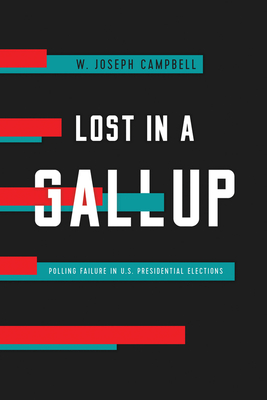Expedite your nonfiction book discovery process with Readara interviews, summaries and recommendations, Broaden your knowledge and gain insights from leading experts and scholars
In-depth, hour-long interviews with notable nonfiction authors, Gain new perspectives and ideas from the writer’s expertise and research, Valuable resource for readers and researchers
Optimize your book discovery process, Four-to eight-page summaries prepared by subject matter experts, Quickly review the book’s central messages and range of content
Books are handpicked covering a wide range of important categories and topics, Selected authors are subject experts, field professionals, or distinguished academics
Our editorial team includes books offering insights, unique views and researched-narratives in categories, Trade shows and book fairs, Book signings and in person author talks,Webinars and online events
Connect with editors and designers,Discover PR & marketing services providers, Source printers and related service providers

Lost in a Gallup: Polling Failure in U.S. Presidential Elections
History > United States - General
- University of California Press
- Hardcover
- 9780520300965
- 9.1 X 5.9 X 1.2 inches
- 1.55 pounds
- History > United States - General
- (Single Author) Asian American
- English
Readara.com
Book Description
A sweeping look at the messy and contentious past of US presidential pre-election polls and why they aren't as reliable as we think.
Donald Trump's unexpected victory in the 2016 U.S. presidential election brought sweeping criticism of election polls and poll-based statistical forecasts, which had signaled that Hillary Clinton would win the White House. Surprise ran deep in 2016, but it was not unprecedented. Lost in a Gallup examines in lively and engaging fashion the history of polling flops, epic upsets, unforeseen landslides, and exit poll fiascoes in American presidential elections. Drawing on archival collections and contemporaneous sources, W. Joseph Campbell presents insights on notable pollsters of the past, including George Gallup, Elmo Roper, Archibald Crossley, Warren Mitofsky, and Louis Harris.
The story is one of media failure, too, as journalists invariably take their lead from polls in crafting campaign narratives. Lost in a Gallup describes how numerous prominent journalists--including Edward R. Murrow, Jimmy Breslin, Mike Royko, Christopher Hitchens, and Haynes Johnson--were outspoken poll-bashers and critics. In assessing polling's messy, uneven, and controversial past, Campbell emphasizes that although election polls are not always wrong, their inherent drawbacks invite skepticism and wariness. Readers will come away better prepared to weigh the efficacy and value of pre-election polls in presidential races, the most important of all American elections.
Author Bio
Dr. W. Joseph Campbell is a tenured full professor in the School of Communication's Communication Studies program. He joined the AU faculty in 1997, after some 20 years as a professional journalist. Assignments in his award-winning journalism career took him across North America to Europe, West Africa, and parts of Asia.
Campbell is the author of seven books, including most recently Lost in a Gallup: Polling Failure in U.S. Presidential Elections. The book addresses prominent cases in which opinion polls misfired from 1936 to 2016. Campbell's other books include 1995: The Year the Future Began, which describes watershed moments of a decisive year in American history. Critics have described 1995 as "remarkable" and "compulsively readable." Campbell also has published two editions of the media-myth busting book, Getting It Wrong (2010, 2017).
The book won the national Society of Professional Journalists' Sigma Delta Chi award for research about journalism. Campbell has taught 19 different courses at AU, including "Myths of the Media," "Decisive Moments in Communication," "The American 1990s," and "Foreign Policy and the Press." He is a past winner of the "Faculty Member of the Year" award, given annually by AU's student government. He also has received the "Teaching with Research" award, given by the University's Center for Teaching Research and Learning. Campbell is a past recipient of the University's faculty award for service to the AU community and of the Morton Bender Prize, which recognizes scholarly achievement by an associate professor.
Campbell was promoted to full professor in 2009. For 16 years, Campbell kept his faculty office in McDowell Hall, an undergraduate residence hall on the North Side of the AU campus, as part of a collaborative program with the University's Office of Campus Life. In that position, Campbell sought to promote informal contacts among students and faculty in a residence hall setting, and to emphasize that academic life at AU extends beyond the classroom. He also taught seminar-style classes in McDowell.
Source: American University, Washington DC
Videos






Community reviews
No Community reviews

